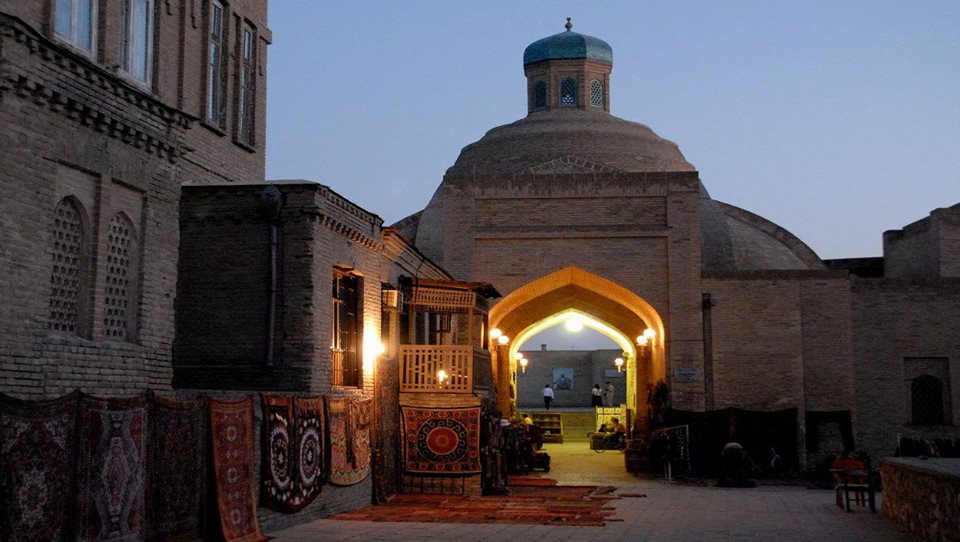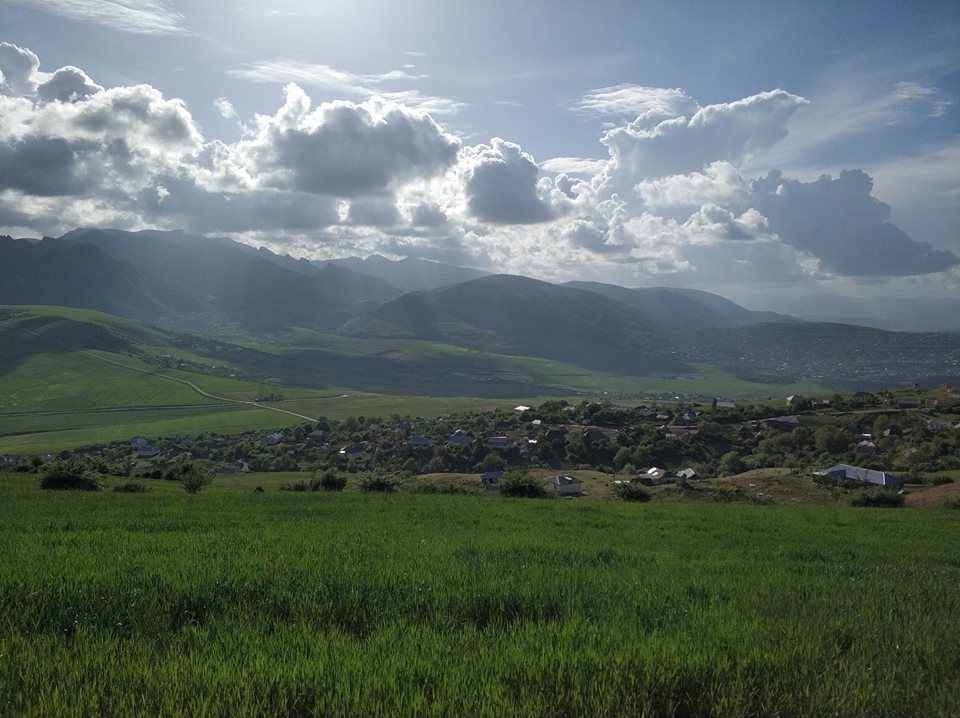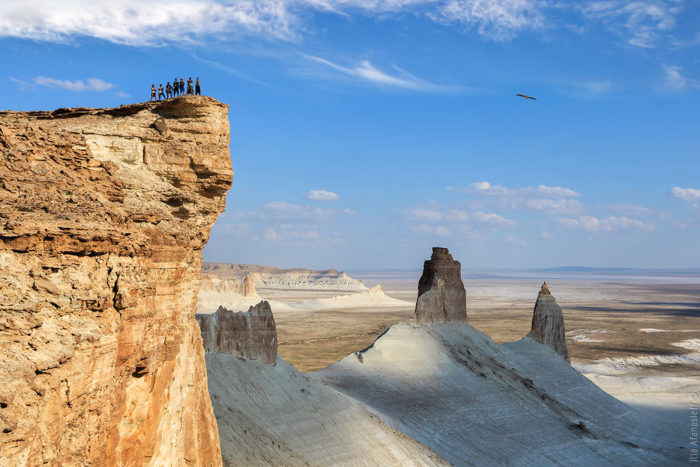NUR-SULTAN – The Caravanistan travel company is often the first stop for first-time and experienced travelers seeking visa, transportation, tour, lodging and attractions information about Central Asia.
The company provides well-rounded information on all aspects of travel in Kazakhstan and other Central Asian nations. Visitors to their website www.caravanistan.com can also find local tour operators and reach out to fellow travelers in Central Asia in the company’s online forum.
Caravanistan was founded by Steven Hermans and Saule Kalysheva in 2010, after they met in Kazakhstan while Hermans was traveling to China. His interest in media, Kalysheva’s interest in marketing and their shared passion for travel led them to create Caravanistan.
“The people who come to see Central Asia are, more often, explorers and pioneers, and discovery is a big part of it,” they said in an interview with The Astana Times. “The majority of people who read Caravanistan are between 25 and 34. They are adventurous, don’t just want to lay on a beach and don’t mind roughing it and having less comfort if they can do something interesting and unusual.”
As a key source on the region for English-speaking travelers, Hermans and Kalysheva hope to change the media’s narrow conception of Central Asia.
“When people talk about Central Asia, if they know anything, it is usually something bad,” they noted. “If you see the travel brochures, everything is fantastic. It is all about eagle hunting and kokpar (national equestrian sport). These things are also true, but we feel like they are all simplifications. It is like you are showing it in black and white, and what we try to do is add a bit of colour to writing and reporting on Central Asia to make it more nuanced.”
With greater freedom of movement and exposure to the region following new policies, such as Kazakhstan’s visa-free regime and e-visa for many countries, people’s perceptions are beginning to change.
“I think more people are coming to Central Asia, talking about it to their friends and posting their pictures on Instagram,” said Hermans and Kalysheva. “When they come back home with their stories, this makes the story [on Central Asia] bigger, and we are happy with that.”
The founders also hope to impress upon their adventurous audience the importance of meaningful travel.
“It is about slowing down and finding something that you find meaningful, not something that is in the guidebooks and people tell you is a ‘must do’,” they said. “Maybe you’re not interested in museums but really interested in trains, where you can meet all kinds of people. Meaningful travel is also about what is meaningful to locals. If you’re just hopping in and out for a day, you are using the locals’ services, food and hospitality but not really giving anything back. To make these connections, we think that takes time.”
Silk Road tours, which are combined tours of Kazakhstan, Kyrgyzstan, Tajikistan and Uzbekistan, are popular among travelers hoping to see Central Asia from its many sides, said Kalysheva.
“We used to have a lot of one-day tours, and these were quite popular. We decided to stop promoting them because we felt it clashed with our mission of meaningful travel. We felt that if you go to the Charyn Canyon for one day, it is not enough,” Hermans added.
With its steppe and mountains, Hermans and Kalysheva single out Kazakhstan’s landscapes as truly unique in Central Asia. Their favourite destinations are the Altai mountains, the Mangystau Region and the Almaty Region, the latter’s highlights including Altyn Emel National Park, the Charyn Canyon, the Kolsay Lakes and Lake Kayindy that can be experienced in a five-to-six-day tour.
“These are things that you can’t see in any other Central Asian country and, definitely, not at this scale. The size of Kazakhstan really allows you to see such huge landscapes. It really is a ‘big sky’ country,” they said.
“I would encourage people to come here, see things for themselves and try not to have any clichés in your head,” said Kalysheva.



